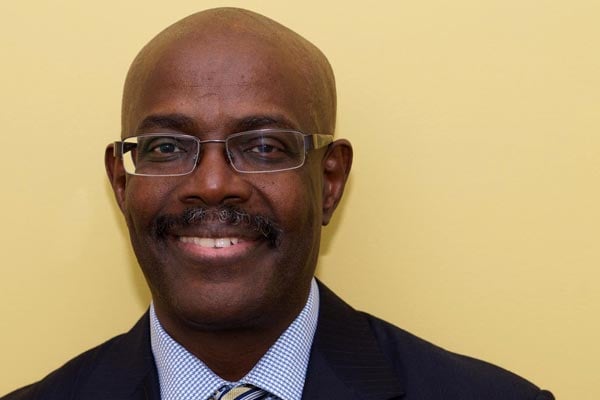Prime
Nagenda was the palm oil with which the regime ate its kola nut

Author: Daniel K Kalinaki. PHOTO/FILE.
What you need to know:
- Every regime needs a voice to explain the inexplicable and in Nagenda the NRA/M found an unapologetic gunslinger and a gifted wordsmith.
There was a moment, overlapping the transition into the new millennium, when few weeks went by without a sharp exchange between John Nagenda at the New Vision, and Kevin Aliro at The Monitor.
Nagenda aimed his artillery shells at The Monitor’s critical editorial stance, and on its editors, whom he oft mocked as being down at the heel. In one of his many salvos in reply, Kevin once memorably described Nagenda as a “bloated spring chicken”. Ah! The good old days!
Nagenda wrote from the heart. Like many Ugandans returning from exile, the new regime needed to be given a chance to succeed, he believed. To the folks at The Monitor, the best way to help it do so was to keep it on its toes and call out mistakes.
Nagenda had played his role. He escorted then Prince Ronald Muwenda Mutebi on his visit to the NRA in Luwero that calmed restive Baganda and later smoothed alliances with Andrew Kayiira’s UFM and Kawanga Ssemogerere’s DP. He also sat on a commission appointed to investigate human rights abuses – a strange appointment given his lack of any discernible relevant skills, or local knowledge having been away during the time under review.
His biggest contribution, however, was as the most sophisticated regime spin master of them all. The lowlight of this was the fake news skulls advert he helped put out in 1996 claiming that Milton Obote was lurking in the shadows (a related news story claimed he had been spotted in Kisumu) and would return and take power if Ssemogerere won the election.
If he was remorseful, Nagenda did not show it. It was all part of his contribution to the cause. He was, as he said during a keynote speech in Kampala in 2015 about the role of writers in politics, “a politician, kind of”.
He was many other things, of course. A writer who was on first-name basis with literary titans like Wole Soyinka and Chinua Achebe, and a cricketer who was good enough to turn out for an East African side at the cricket world cup.
For some inexplicable reason, Nagenda took a shine to me when I became The Monitor’s news editor in 2003 and its editor five years later. He tried, unsuccessfully, to lure me to the New Vision. And we played together, just the once, mind, for the Media Cricket Club, sharing the crease with him. He even had a few kind words in his column once or twice, and was polite and affable whenever we met.
Yet it is hard not to feel that Nagenda owed us, and the world, a lot more. As a writer, he had the talent to go toe-to-toe with the best the continent produced, at a time when African literature was having a halcyon moment. But that chance went begging. He later settled for the platform of his column, which he wrote so majestically and magisterially, that it felt like it had to be read over high tea and biscuits. Yet, thoroughly enjoyable as it was, the column was quite often all icing sugar and no cake.
Politically, he, together with his friend Eriya Kategaya, were opposed to the lifting of presidential term limits and he said as much in his column. But when Kategaya fell on lean times and returned to the fold, so did Nagenda. They, and many others since, discovered that it was better to be sad in the back of a chauffeured government-supplied 4x4 than to be happy on the back of a boda boda.
In his mind, and as he told that writer’s conference in 2015, he had done his bit. “I think you choose what you must do,” he said, referring to the column in which he had advised his boss, the President, to retire. “I’d feel worse about it if I hadn’t said it. People might say I belong to that group of people who can never really say sorry.”
Nagenda was the intermediary between the regime and the important foreign press constituency in many important moments. Every regime needs a voice to explain the inexplicable and in Nagenda the NRA/M found an unapologetic gunslinger and a gifted wordsmith. He was, to borrow from Achebe, the palm oil with which the regime ate its kola nut, and he will be missed.
Mr Kalinaki is a journalist and poor man’s freedom fighter.
[email protected]; @Kalinaki




